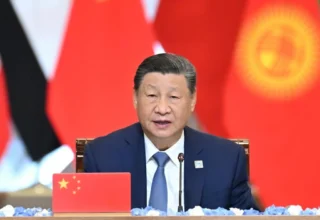
Pakistan’s Power Division has reported that net metering capacity across the country has reached 6,000 megawatts (MW), a milestone that officials say is both a success for renewable energy and a challenge for the national grid’s stability.
During a briefing to the National Assembly’s Standing Committee on Power, the Secretary Power Division said that the rapid expansion of solar energy under net metering is creating an “energy revolution,” but it is also putting additional stress on the grid system.
He explained that the off-grid solar capacity—systems that operate independently of the national grid—has now exceeded 12,000 MW, based on satellite imagery estimates. While acknowledging the benefits of renewable energy growth, he warned that the increasing load from net metering could threaten grid stability if not managed properly.
“We are making every effort to make the country load-shedding free,” the secretary assured the committee.
According to the briefing, grid electricity costs include Rs14 in capacity charges and Rs9 in taxes per unit, making it more expensive than net-metered solar power, which is significantly cheaper.
Officials emphasized the need for a balanced approach to ensure that while solar adoption continues, the grid’s operational stability and sustainability are not compromised.












































